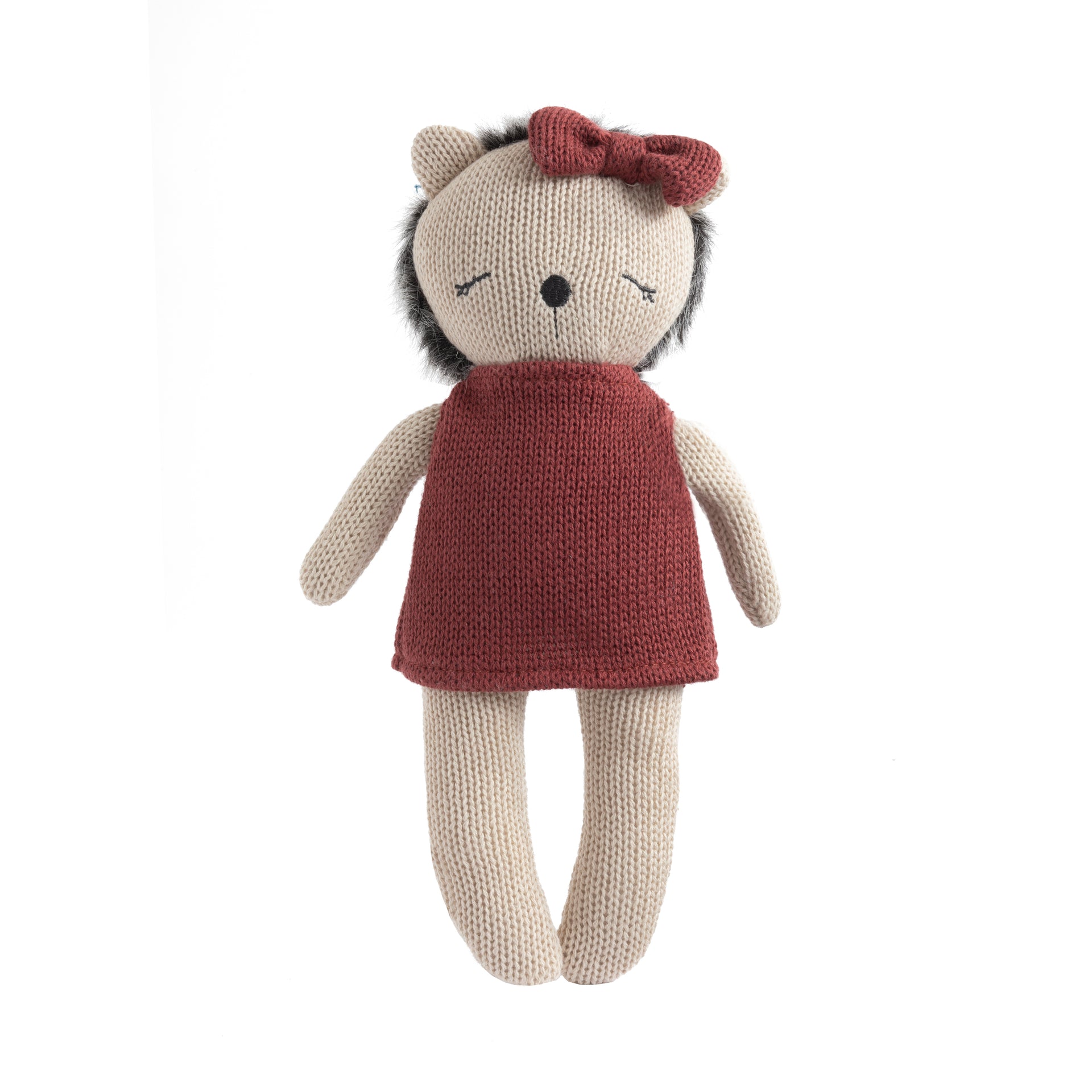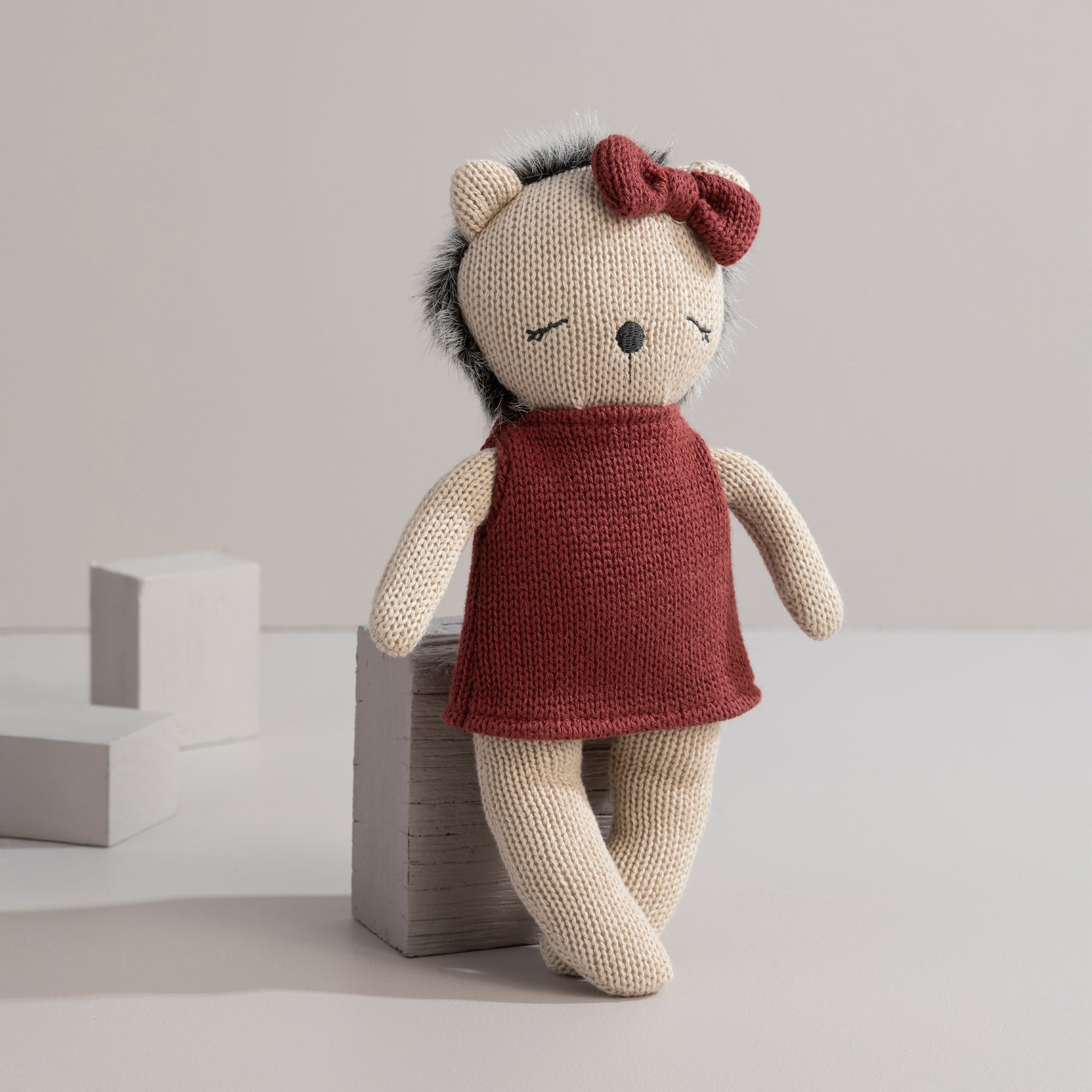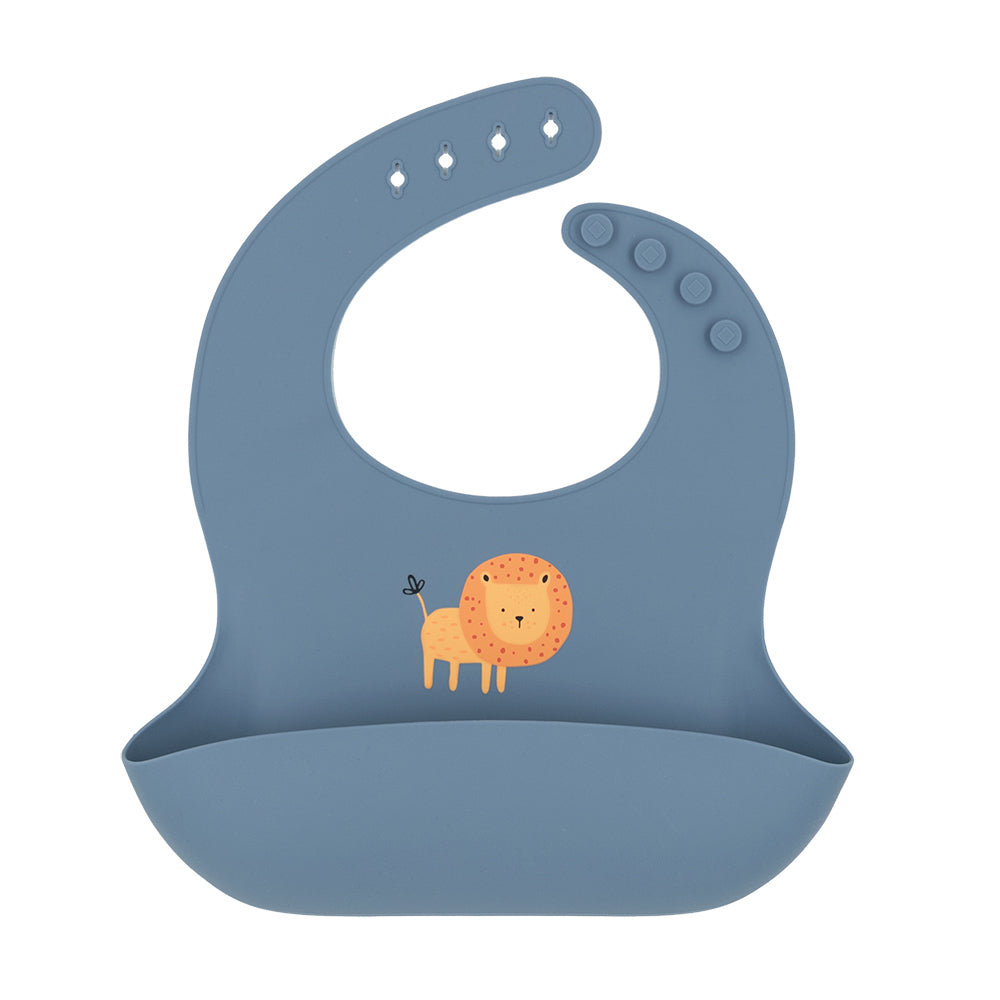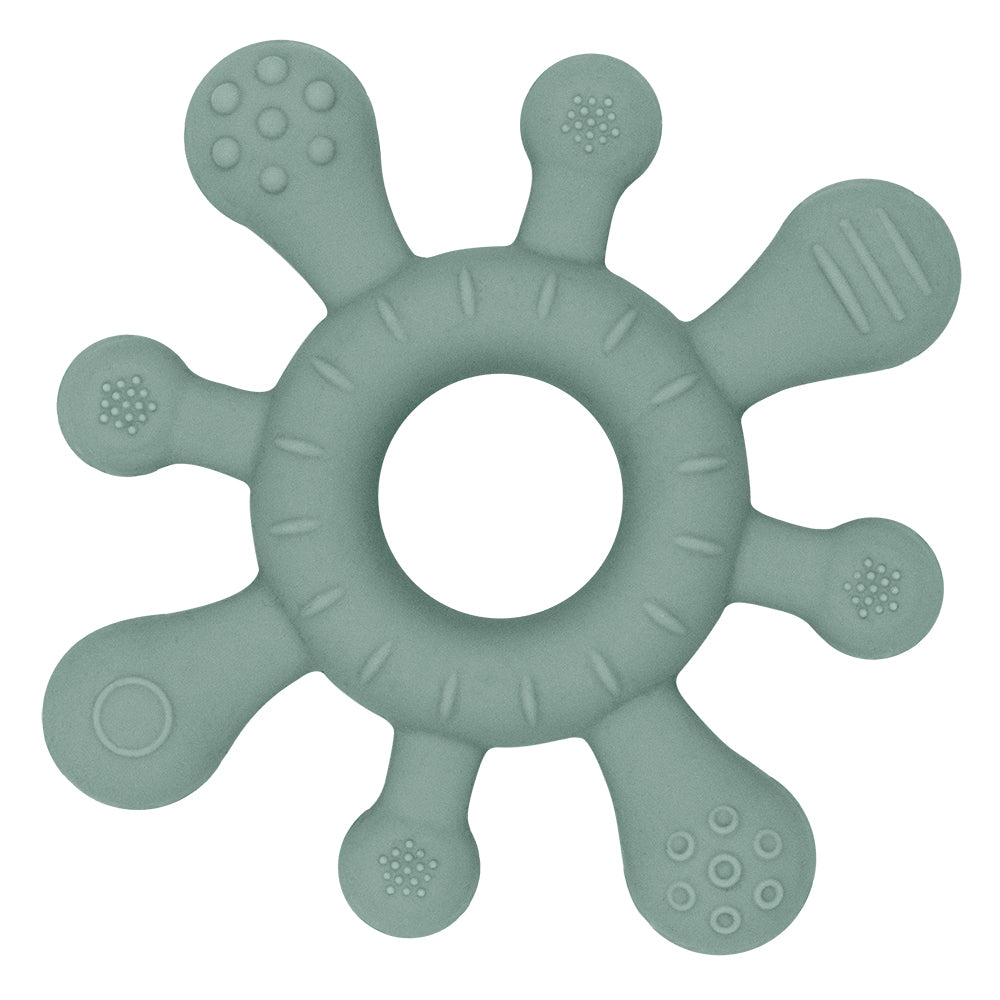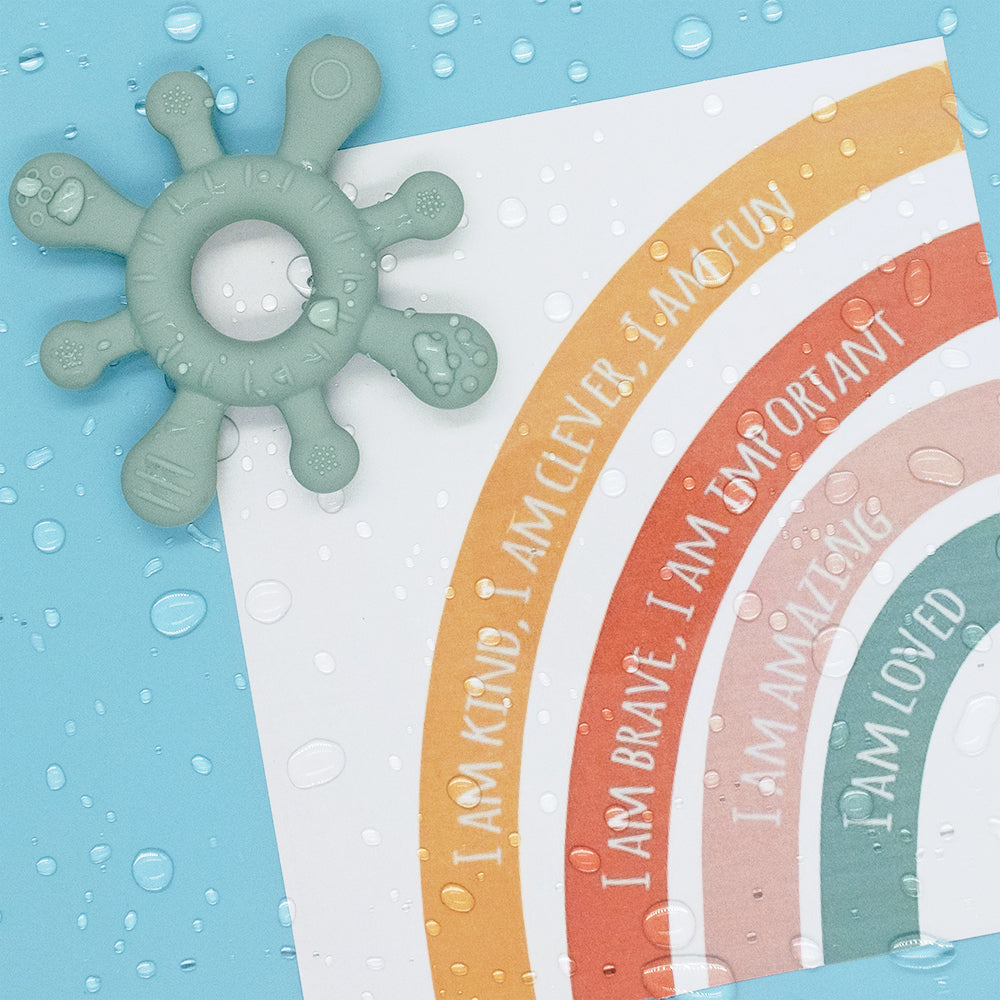When it comes to feeding young toddlers, parents often face a myriad of challenges and questions. Ensuring your child gets the right nutrients while also making mealtime enjoyable can be tricky. This article will provide practical tips and strategies to make feeding young toddlers a smoother and more enjoyable experience. We'll also explore the role of toddler toys and gifts in promoting healthy eating habits.
1. Establish a Routine
Consistency is Key
Establishing a regular mealtime routine helps toddlers understand when it's time to eat and what to expect. Consistency can reduce anxiety and help build healthy eating habits. Try to serve meals and snacks at the same times each day.
2. Create a Positive Mealtime Environment
Minimize Distractions
Creating a calm and focused environment during meals is essential. Turn off the TV, put away tablets, and keep toys off the table. This helps toddlers concentrate on their food and enjoy their meals.
Family Meals
Whenever possible, eat together as a family. Toddlers learn by watching others, and family meals provide a great opportunity for them to model healthy eating behaviors.
3. Offer a Variety of Foods
Colorful Plates
Present a variety of colorful foods to make the plate visually appealing. Different colors often mean different nutrients, so a colorful plate can help ensure a balanced diet. Use toddler toys like colorful plates and utensils to make mealtime more fun.
Introduce New Foods Gradually
Introduce new foods slowly and without pressure. Offer small portions alongside familiar favorites. It might take several tries before a toddler accepts a new food, so be patient.
4. Encourage Self-Feeding
Finger Foods
Finger foods are great for encouraging self-feeding and developing fine motor skills. Offer bite-sized pieces of fruits, vegetables, cheese, and whole-grain crackers.
Utensil Practice
Provide child-friendly utensils that are easy for small hands to grip. Toddler toys that double as utensils can make learning to eat independently more enjoyable.
5. Be Mindful of Portions
Small Servings
Start with small portions to avoid overwhelming your toddler. You can always offer more if they are still hungry. Small, manageable servings help reduce food waste and allow toddlers to ask for more, promoting independence.
6. Make Mealtime Fun
Creative Presentations
Use cookie cutters to shape sandwiches, fruits, and vegetables into fun shapes. This can make the food more enticing and enjoyable for toddlers.
Themed Meals
Incorporate themes into meals using toddler toys and gifts. For example, use dinosaur-shaped plates for a "dino dinner" or farm animal utensils for a "farm feast." This can create excitement and interest in mealtime.
7. Stay Calm and Positive
Avoid Pressure
Avoid pressuring your toddler to eat or making a big deal if they refuse a meal. Offer the food without comment and remove it without fuss if they are not interested. Pressure can create negative associations with mealtime.
Praise and Encouragement
Offer positive reinforcement when your toddler tries new foods or eats well. Simple praise and encouragement can boost their confidence and willingness to try new things.
8. Offer Healthy Snacks
Nutritious Options
Offer healthy snacks between meals to ensure your toddler is getting enough nutrients throughout the day. Fresh fruits, vegetables, yogurt, and whole-grain snacks are great options.
Avoid Sugary Treats
Limit sugary snacks and drinks. Too much sugar can affect your toddler's appetite for healthy foods and contribute to dental problems.
9. Involve Your Toddler in Meal Preparation
Hands-On Experience
Involving your toddler in meal preparation can increase their interest in food. Simple tasks like washing vegetables, stirring ingredients, or setting the table can make them feel involved and excited about mealtime.
Educational Opportunities
Use this time to teach your toddler about different foods, colors, and textures. Turn it into a fun and educational experience.
10. Understand and Respect Preferences
Listen to Cues
Pay attention to your toddler's hunger and fullness cues. Respecting their signals helps them learn to self-regulate their eating.
Balance and Variety
While it's important to offer a variety of foods, also respect your toddler's preferences and dislikes. Aim for a balanced diet over time, rather than forcing them to eat certain foods at each meal.
Toddler Toys and Gifts to Promote Healthy Eating
Educational Toys
Invest in educational toddler toys that teach about food and nutrition. Play kitchens, toy fruits and vegetables, and pretend grocery shopping sets can make learning about food fun and interactive.
Interactive Books
Books about food and eating can be great toddler gifts. Look for interactive books with flaps, textures, and bright pictures to engage your child and teach them about healthy eating.
Utensil Sets
Colorful and fun utensil sets make great toddler gifts. Choose sets that are easy for little hands to use and that make mealtime more enjoyable.
Themed Plates and Cups
Themed plates and cups featuring your toddler's favorite characters can make mealtime more exciting. Look for sets that are durable and easy to clean.
Cooking Playsets
Cooking playsets allow toddlers to mimic meal preparation. These sets can spark their interest in food and cooking, promoting a positive attitude towards meals.
Conclusion
Feeding young toddlers can be a challenging yet rewarding experience. By establishing routines, creating a positive environment, and making mealtime fun, parents can encourage healthy eating habits. Incorporating toddler toys and gifts that promote an interest in food and nutrition can further support this journey. With patience and creativity, mealtime can become an enjoyable and nutritious part of your toddler's day. For more tips and high-quality toddler products, visit Living Textiles.

